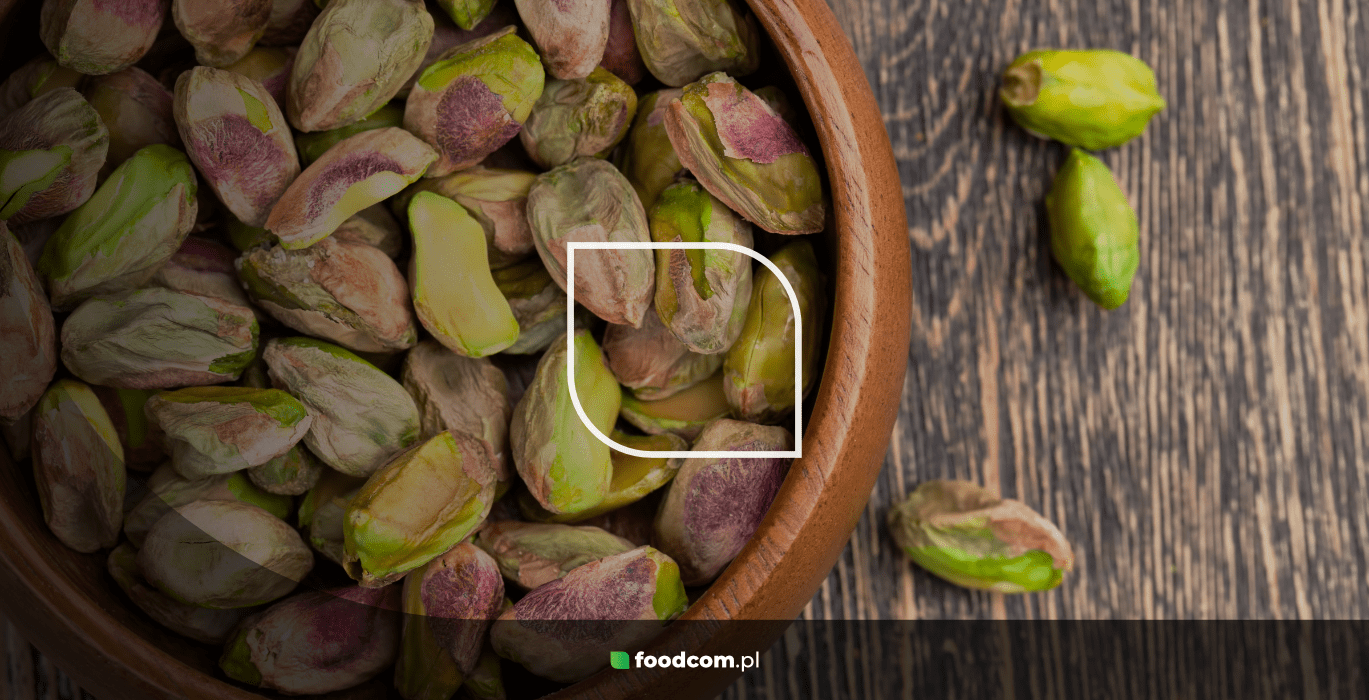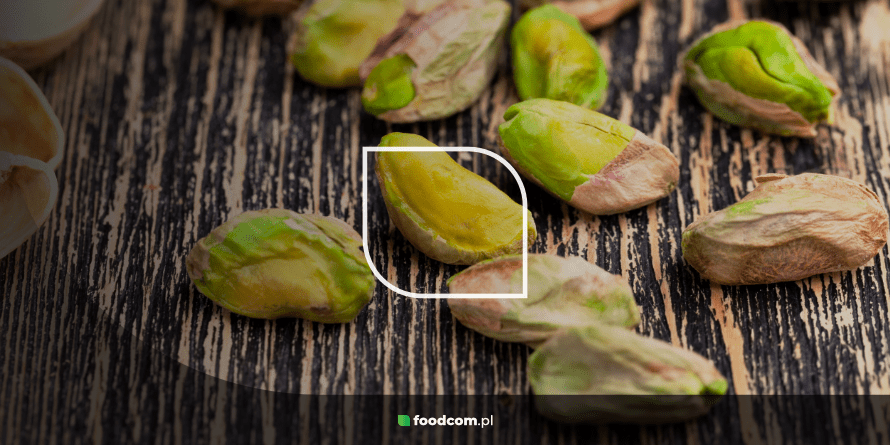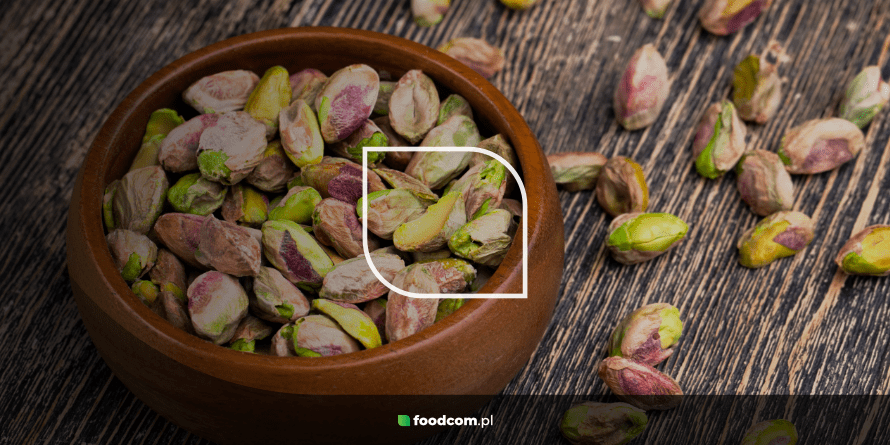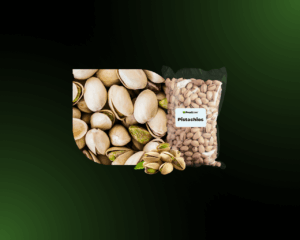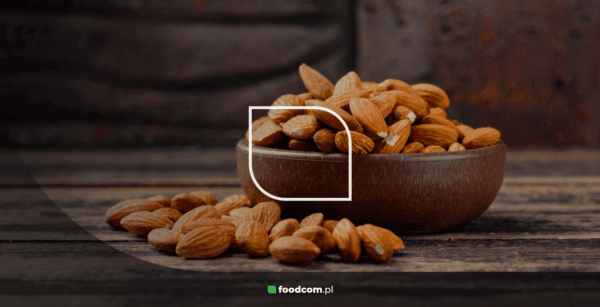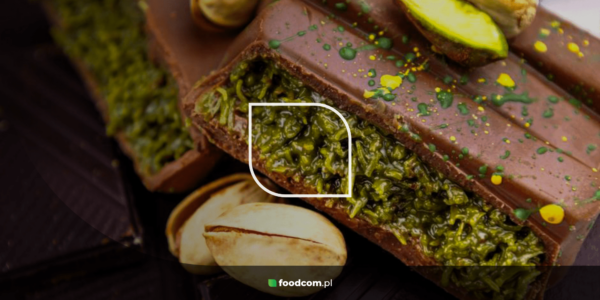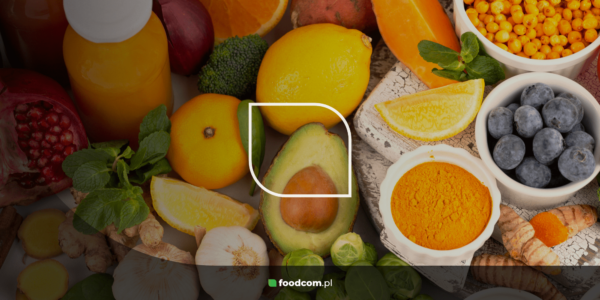- Pistachios are nuts rich in nutrients that support our health.
- The best pistachios come from Iran, California, Turkey and Sicily, and the taste and quality of a given variety depends on the growing conditions and region of origin.
- Pistachios come in various forms: raw or roasted nuts, shelled or unshelled, with or without salt.
- Pistachios are mainly used in the production of sweets, desserts, creams and pastes, and as a healthy snack.
Pistachios are not only a delicious snack, but also a treasure trove of nutritional values and can therefore have a positive impact on our health. With their distinctive greenish colour and delicate, slightly sweet taste, it is difficult to confuse them with other nuts. In this article we will answer the questions: are pistachios healthy, where do they come from and which pistachios should you choose?
Where do pistachios come from?
Pistachios grow best in hot and dry climates – the crops require plenty of sunshine and minimal rainfall. Due to their drought resistance and low water requirements, pistachios are a greener choice than other nuts.
The countries of origin of pistachios are mainly from the Middle East and Central Asia, where they have been cultivated for thousands of years. These are primarily countries such as:
- Iran – historically the largest producer of pistachios, known for nuts with a unique flavour and high fat content;
- The United States – especially California, which supplies nuts with a large size and light skin;
- Turkey – Turkish pistachios are smaller but extremely aromatic; they are often used in the production of baklava;
- Afghanistan and Syria – pistachios from these countries are highly prized for their deep, intense flavour;
- Italy – pistachios from Bronte in Sicily are a luxury product; with their exceptionally green colour and sweet taste, they are considered to be among the best in the world.
Each region offers pistachios with unique taste and nutritional qualities. It is worth experimenting to find out the differences between them – the question of where the best pistachios grow is hard to answer. Some consider the most luxurious pistachios to be those from the Bronte. Many also appreciate Iranian pistachios characterised by a variety of varieties such as Kerman, Fandoghi and Akbari, which vary in size, colour and flavour.
Health properties and nutritional value of pistachios
Are pistachios healthy? The answer is yes! In 100 grams of pistachios you will find as much as over 500 kcal, as well as:
- 45 g of fats (mostly unsaturated),
- 20 g of protein,
- 10 g of fibre,
- b vitamins (especially B6) and vitamin E,
- minerals: potassium, phosphorus, copper, magnesium, manganese.
Key health properties of pistachios include:
- supporting heart health – thanks to the presence of healthy fats and phytosterols, pistachios help lower bad LDL cholesterol;
- blood sugar regulation – pistachios have a low glycaemic index, so can help with glycaemic control;
- support for the nervous system – vitamin B6 plays a key role in the synthesis of neurotransmitters;
- improved digestion – the fibre in pistachios acts as a natural prebiotic, supporting the intestinal flora;
- antioxidant effect – the lutein, zeaxanthin and polyphenol content helps protect cells from oxidative stress.
Regular consumption of even small amounts of pistachios can support the prevention of heart disease, type 2 diabetes and even some cancers. In addition, the nuts are used as an ingredient in natural cosmetics – facial oils or regenerative creams. Pistachio extract is also sometimes used as an ingredient in cardiovascular and immune support supplements.
Raw or shelled pistachios – which type of pistachio to choose?
The choice of pistachios should depend largely on the intended use of these nuts.
Raw pistachios make an excellent base for baked goods, desserts and pastes, such as making pistachio cream. Unsalted pistachios will be ideal for diet-conscious people; the lack of salt also means less strain on the cardiovascular system. Unsalted raw pistachios are by far the healthiest option, containing no unnecessary additives.
For those looking for convenience, on the other hand, shelled pistachios are best. They are characterised by their natural colour, delicate flavour and crunchy texture. Such pistachios are great for catering applications such as:
- the production of confectionery, bars and luxury sweets such as Dubai chocolate;
- as an addition to cakes, ice cream, muesli or granola,
- as a raw material for manufacturers of pastes, nut creams and fillings,
- in restaurants, hotels and catering.
Shelled pistachios can be found as raw pistachios or crisp, crunchy roasted pistachios, which are characterised by their intense flavour and golden brown hue. Roasted pistachios work well as a snack, as well as for garnishing dishes and salads, making energy bars, granola and as an addition to baked goods.
Where to buy the best pistachios?
Good quality pistachios in small quantities can be found in health food shops. If, on the other hand, it is a question of wholesale and buying larger quantities of pistachios, for example for a restaurant, pastry shop or shop – a trusted wholesaler of plant products, such as Foodcom.co.uk, is the ideal solution.
It is worth bearing in mind that the price of pistachios can vary significantly depending on:
- the country of origin (e.g. Sicilian pistachios are more expensive than Iranian or Californian pistachios),
- the form of the nuts(shelled pistachios are more expensive than those in the shell);
- the current season and size of the harvest,
- quality (premium, BIO or organically grown pistachios have a higher price),
- supplier and form of purchase (retail or wholesale).
Pistachios are not only an extremely tasty snack, but also a wealth of nutrients that support our health. By knowing their types, countries of origin, properties and nutritional value – you can consciously reach for the best varieties. You can find them at trusted wholesalers such as Foodcom.co.uk.


